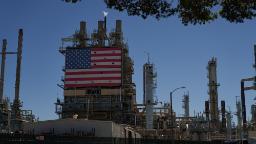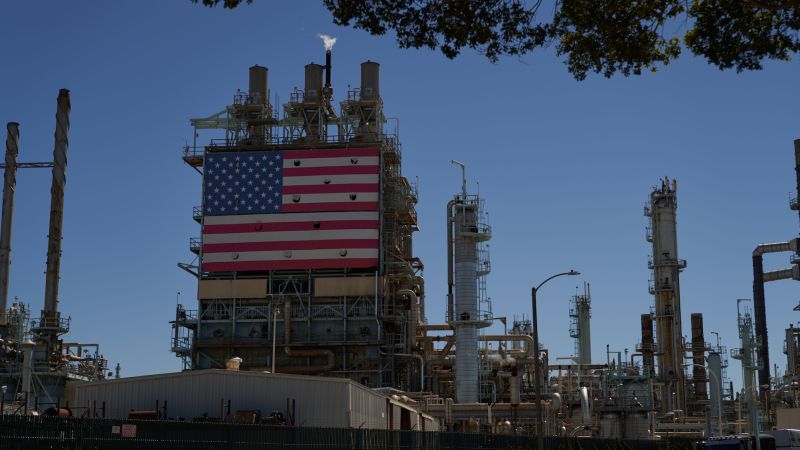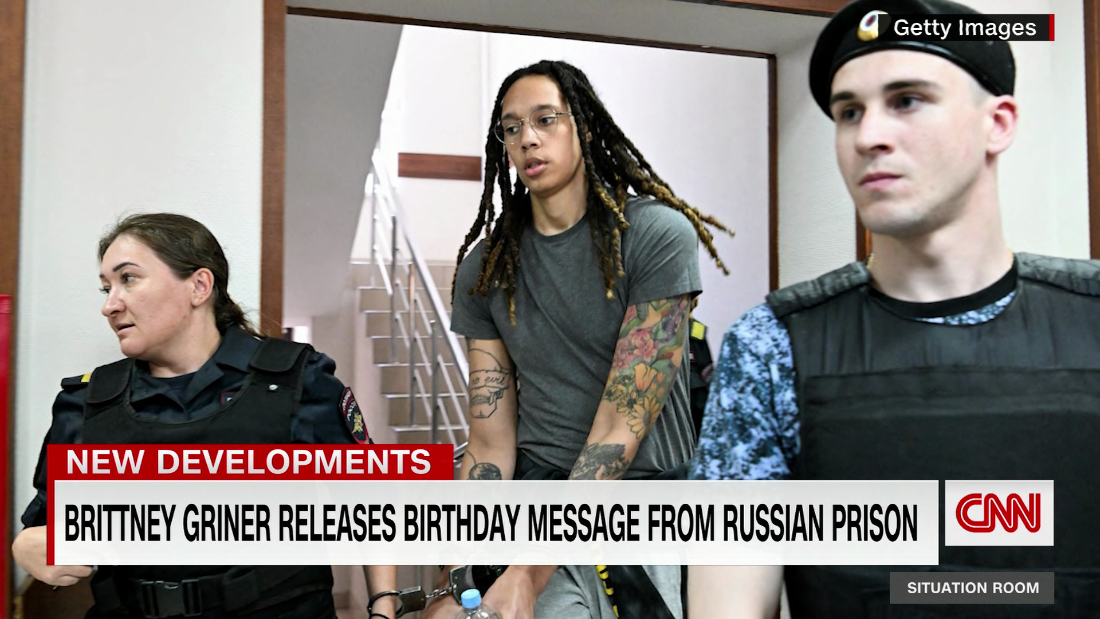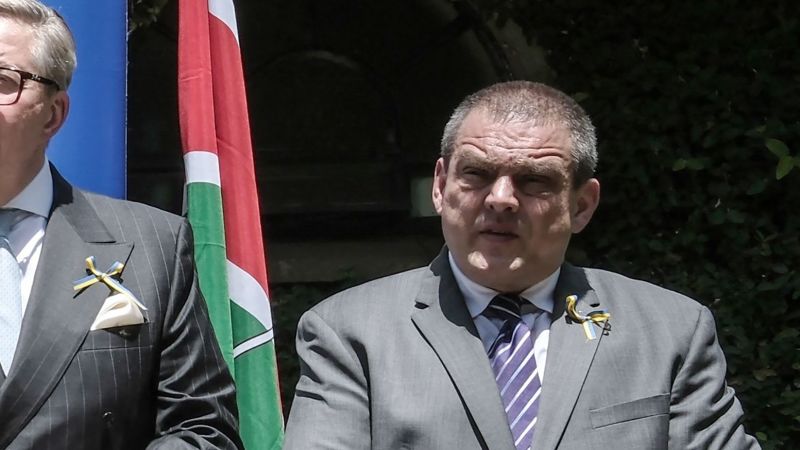America’s emergency oil stockpile is at a 38-year low but it’s still got firepower left


New York
CNN Business
—
Presidents don’t have magic wands to make inflation disappear. But they do have a powerful tool that can help ease the pain of high gas prices: The Strategic Petroleum Reserve.
More than any of his predecessors, President Joe Biden has aggressively leaned on this emergency oil stockpile to knock down the high pump prices that voters despise.
The SPR is a series of underground storage caverns holding vast amounts of crude oil that can be released during wars, hurricanes or other break-the-glass moments. And Biden has not been shy about doing just that, especially since Russia invaded Ukraine in February.
The amount of oil in the SPR is down by roughly a third — 36% to be exact — since Biden took office in January 2021. That has left this emergency oil stockpile at its lowest point since June 1984 — a time when both the US economy and energy demand was significantly smaller than today.
And Biden is not done yet. The president plans to announce the sale of another 15 million barrels from the SPR on Wednesday, a senior administration official said Tuesday evening.
Biden has made clear to his advisers that he is prepared to authorize future releases to balance the oil market, if necessary.
Importantly, this latest sale to be announced Wednesday is not entirely new. It’s part of the previously announced plan to release 180 million barrels of oil over six months. That record-setting emergency release, detailed in late March, was running a bit behind schedule. It now appears the administration will reach its 180 million target, it will just take longer than expected.
The SPR headlines are rattling an energy market already on edge over a potential recession. US oil prices dropped 3% to $82.82 on Tuesday, returning to levels last seen before rumors swirled regarding OPEC+’s controversial production cuts. Analysts pinned the blame for the selloff on the SPR news.
This oil price selloff alone should help keep a lid on gasoline prices, which analysts say were already heading lower without Biden taking further action.
Although it’s hard to pin down precisely how much of an impact the SPR release has had on prices, oil industry veterans tell CNN that Biden’s strategy has been effective, helping to cushion the blow for not only the war in Ukraine but lackluster supply from both OPEC+ and US oil producers.
“Kudos to them. They’ve done a tremendous job achieving their goal of trying to get energy prices lower,” said Michael Tran, managing director of global energy strategy at RBC Capital Markets.
Gas prices aren’t cheap — a gallon of regular fetched an average of $3.87 nationally on Tuesday — but they are well below the record high of $5.02 set in June.
“It has been effective, so far,” said Tom Kloza, global head of energy analysis at the Oil Price Information Service, who noted that oil prices have not taken out the all-time highs set in 2008. “You have to credit the SPR for that. The administration is laser-focused on gasoline.”
Kloza said he thinks there is a better than 50/50 chance that gas prices drop back down to their recent low of $3.67 a gallon. But rather than crediting US policy, Kloza cited market forces, recession fears and the reopening of refineries sidelined by maintenance.
“I don’t think they need to do anything until 2023. The market is doing most of the work for the White House,” Kloza said. “I think gasoline is destined to go lower.”
It’s not lost on oil market observers that this latest announcement of SPR sales is occurring just weeks before voters head to the polls before the critical midterm elections.
“Given that we are only weeks away from midterm election and the OPEC cut, the Biden administration is trying to ensure that energy prices are not top of mind,” said Andy Lipow, president of consulting firm Lipow Oil Associates.
But Lipow noted frustration in the oil industry that despite complaints about high energy prices, the SPR releases have “done nothing to encourage additional oil production.”
Not only that, but the aggressive emergency releases from Biden have diminished the SPR, potentially limiting the government’s ability to respond to future shocks.
The reserve is not a bottomless pit of oil. It’s more of a rainy-day fund and each release leaves less oil for the next crisis, whatever and whenever that might be.
That’s why the administration plans to detail efforts to refill the emergency reserve, laying out an important marker for market participants given the scale of the federal action over the course of the last six months.
Biden will announce that the administration intends to repurchase crude oil for the emergency reserve when prices are at or below between $67 and $72 per barrel.
The senior official said this will serve as “an important signal for producers” by helping to “moderate and stabilize” prices, not only when they are going high but when they are low.
The plan also serves the purpose of countering criticism about the unprecedented scale of Biden’s reserve releases, one that officials said underscores the administration’s intent to refill when market conditions make it most advantageous.
“We view the SPR is an incredibly important national security asset and we want to make sure that it serves its purpose well into the future,” the official said, noting that it is still the largest reserve in the world.
Despite recent emergency sales, the SPR still holds more than 400 million barrels of oil, considerable firepower that could be used in the coming months to respond to disruptions caused by the war in Ukraine.
“400 million barrels is a lot of barrels,” the official said.
Kloza, the OPIS analyst, said he’s not concerned by the shrinking SPR in part because more so than decades ago, the United States and Canada have the ability to sharply ramp up production, if needed (and if incentivized by higher prices).
“Sometimes reserves become archaic,” Kloza said. “I wouldn’t worry about it until it drops quite a bit lower.”
– CNN’s Alison Kosik contributed to this report







